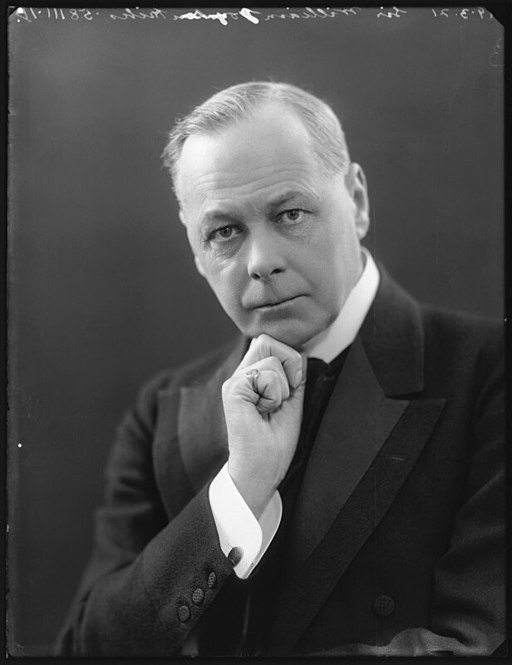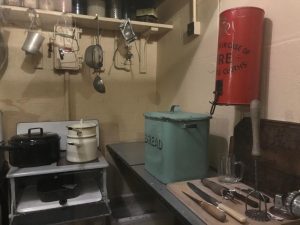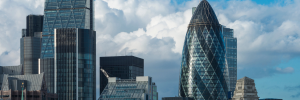William Joynson-Hicks, 1st Viscount Brentford, was a prominent Conservative politician in the United Kingdom during the 1920s. As Home Secretary between 1924 and 1929, he became infamous for his zealous attempts to suppress what he viewed as immoral and decadent influences on British society, particularly in the realms of nightlife and literature. This article will explore Joynson-Hicks’ relentless efforts to clamp down on nightclubs and “indecent” literature, shedding light on the complex interplay between politics, morality, and culture during this tumultuous period in British history.

Meet William Joynson-Hicks, the 1st Viscount Brentford, a man who wielded influence in the United Kingdom’s politics during the 1920s. Remembered as a defender of traditional British values, his time as Home Secretary was marked by tireless attempts to curb perceived immoralities in society.
William Joynson-Hicks, born in 1865, first made his name as a successful solicitor. His political journey began when he was elected as a Member of Parliament for Manchester North West in 1908. From representing Twickenham constituency in 1918 to climbing the ranks to Home Secretary, his political career was illustrious. As the Home Secretary, his efforts to maintain traditional British values became a significant part of his legacy.
The Fight Against Nightlife
Joynson-Hicks saw London’s thriving nightclub scene as a threat to the nation’s moral fabric. In his eyes, nightclubs, jazz music, dancing, and unlicensed alcohol consumption were serious issues. He fervently believed that these places fostered vice and immorality and needed to be curtailed.
To crack down on nightclubs, he introduced the 1927 Licensing Act. This law regulated the sale of alcohol and punished rule-breaking venues. He also encouraged frequent police raids on suspected illegal establishments. But his war against nightclubs wasn’t as successful as he’d hoped. Despite his measures, club owners found ways around the laws, and London’s nightlife continued to flourish.
Viscount Brentford’s War on ‘Indecent’ Literature
Viscount Brentford was also concerned about the rise of what he deemed as ‘indecent’ literature. He saw racy novels and explicit publications as a threat to Britain’s moral character.
A notable episode in his anti-obscenity crusade was the trial concerning James Joyce’s novel, “Ulysses.” Joynson-Hicks played an instrumental role in pushing for the seizure and prosecution of this work, which he believed was obscene. This move thrust the issue of literary freedom versus censorship into the limelight.
Joynson-Hicks and the International Stand Against Obscenity
Joynson-Hicks didn’t limit his fight to Britain. In 1926, he represented the United Kingdom at the International Conference for the Suppression of Obscene Publications in Geneva. Here, he contributed to the International Convention for the Suppression of the Circulation of and Traffic in Obscene Publications. This convention was a significant stride in global efforts against obscenity.
The Lasting Impact of Joynson-Hicks’ Moral Crusades
Though Joynson-Hicks’ campaigns against nightclubs and ‘indecent’ literature met with limited success, they left an indelible mark on British society and culture. His stringent laws pushed the nightlife underground, sparking a spirit of rebellion and leading to London’s rise as a global centre of arts and culture.
The moralistic stance he took in the “Ulysses” trial ignited debates about artistic expression and state regulation of literature. His campaigns shaped public opinion and policy of the time, yet they also spurred on advocates of free speech and creative freedom.
The legacy of William Joynson-Hicks, 1st Viscount Brentford, extends beyond his time in office. His fervent campaigns against perceived vices continue to influence conversations about artistic expression and societal norms. His life is a testament to the power of conviction and the influence one determined individual can wield on society.
Listen to episode no 111 about London’s Night Clubs in the 1920s and 30s.




